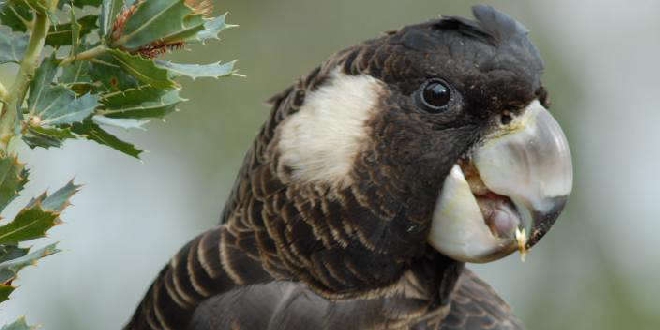
Black-cockatoos in Mandurah’s south now have permanent access to fresh drinking water within their habitat with the recent installation of a watering station especially for birds.
The Dawesville area supports large numbers of black-cockatoos, particularly white-tailed Carnaby’s, the whitetailed Baudin’s, and the Forest Red-tailed species.
During the non-breeding season, hundreds of Carnaby’s use the tall trees in the Dawesville area to roost and rest overnight.
Thanks to a partnership between the City of Mandurah, BirdLife and the Alcoa Foundation through the Alcoa Community Black-Cockatoo Recovery Project, a four-metre high watering tower with perches and troughs has been installed at the Westbury Way Reserve close to important roosting and foraging habitat.
Loss of appropriate habitat is the main threat to black-cockatoos, with water being a critical part of their diet as they need to drink several times a day.
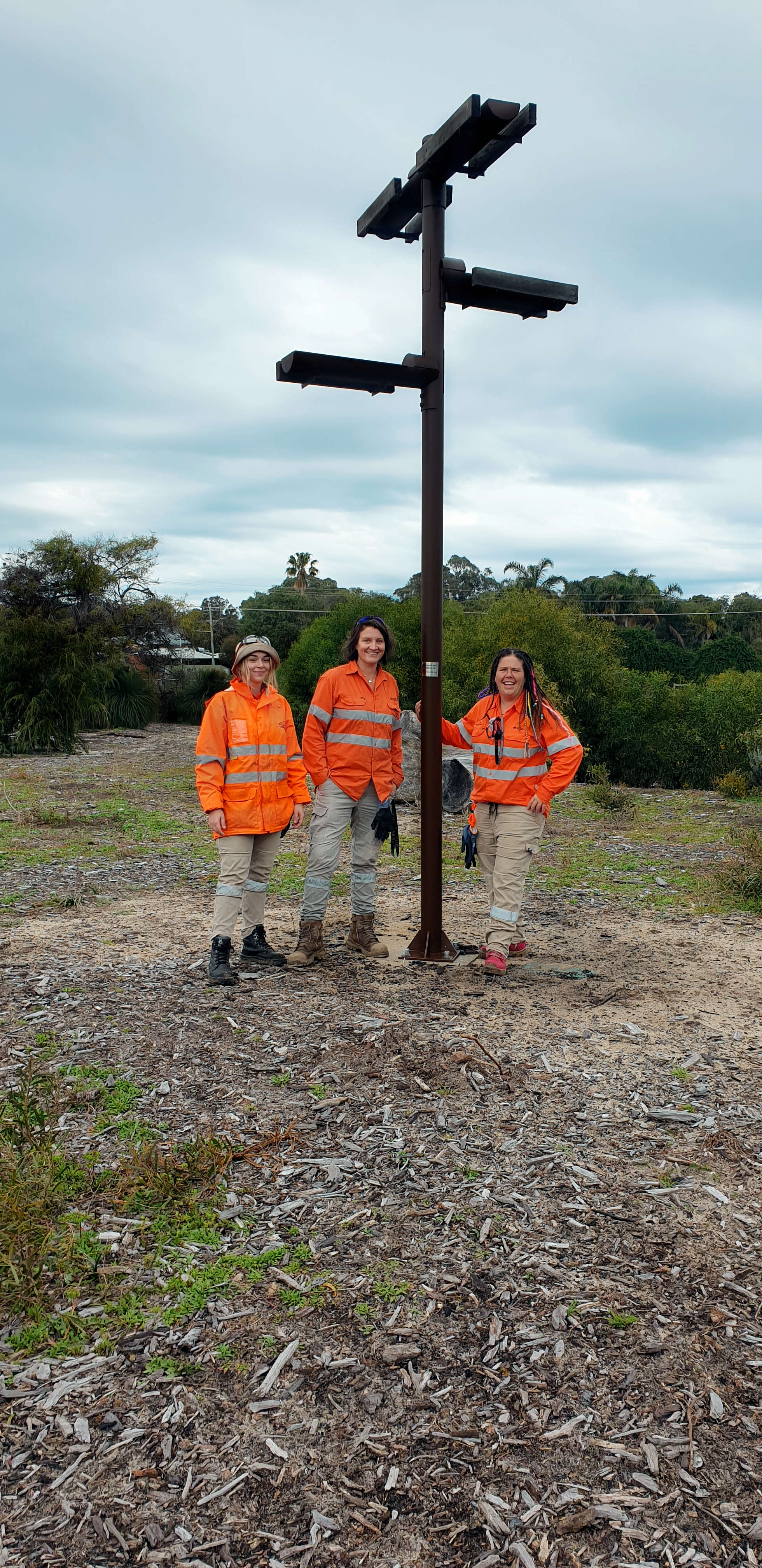
Mayor Rhys Williams said the new infrastructure was just one of the ways the City and community worked together to support and protect the environment.
“We are lucky to have such a beautiful and unique natural environment around us, which we know is of great importance to our community and visitors alike,” he said.
“It’s great to have worked with the Alcoa Foundation and BirdLife to get the watering tower installed to support the habitat of our important black-cockatoo population in our southern areas.”
Alcoa Foundation Australia Lead Suellen Jerrard thanked BirdLife and the City of Mandurah for the contributions towards the project, saying it highlighted a growing awareness in the importance of caring for our biodiversity.
“We hope this will encourage native birds such the three species of endangered and threatened iconic Western Australian black-cockatoos - Carnaby's, Baudin’s and Forest Red-tails to forage in the area,” she said.
BirdLife WA Black-Cockatoo Project Coordinator Merryn Pryor said the watering station would provide cockatoos with a consistent fresh water supply throughout the year, which is becoming increasingly important with the drying climate.
“The raised troughs also reduce the risks of car strikes as birds are flying in and out, as well as providing them with a safe place to drink away from potential predators on the ground such as cats, dogs and foxes,” she said.



 Stolen Ford Mustang linked to southern suburbs incidents
Stolen Ford Mustang linked to southern suburbs incidents
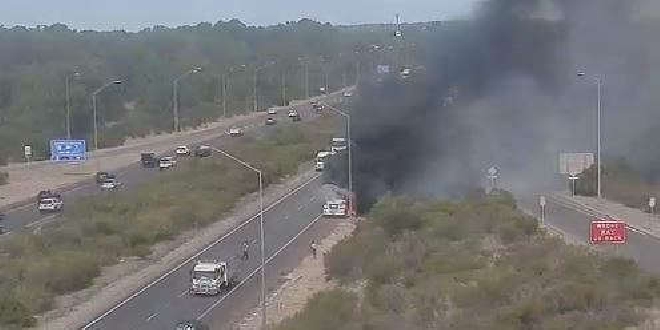 Baldivis: Truck fire forces closure of Kwinana Freeway
Baldivis: Truck fire forces closure of Kwinana Freeway
 Concerns for missing Baldivis girl
Concerns for missing Baldivis girl
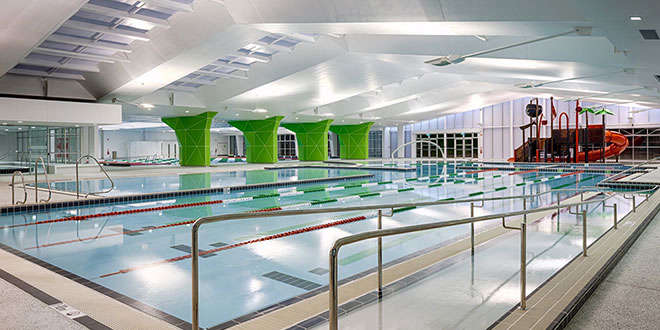 MARC leisure pool, pirate playground to close for several weeks due to maintenance works
MARC leisure pool, pirate playground to close for several weeks due to maintenance works
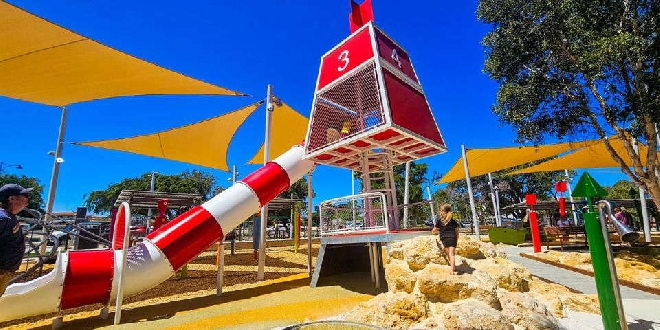 Petition launched to change new Eastern Foreshore playground due to safety concerns
Petition launched to change new Eastern Foreshore playground due to safety concerns
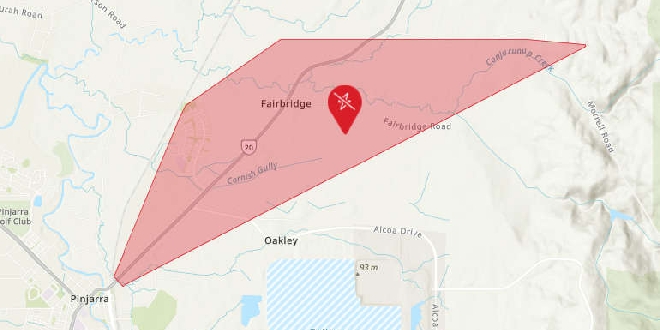 Parts of Pinjarra, Fairbridge without power
Parts of Pinjarra, Fairbridge without power
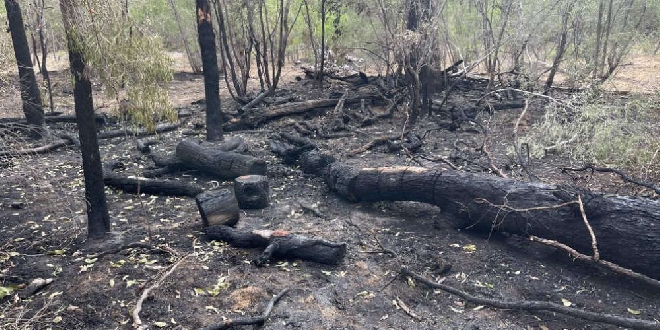 Bouvard scrub fire deemed suspicious
Bouvard scrub fire deemed suspicious
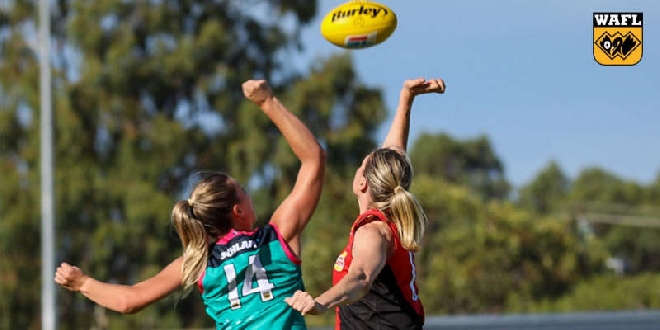 Peel Thunder crush Perth in WAFLW season opener
Peel Thunder crush Perth in WAFLW season opener
 Baldivis man charged after AFP seize haul of cigarettes, vapes, $2.6M cash
Baldivis man charged after AFP seize haul of cigarettes, vapes, $2.6M cash